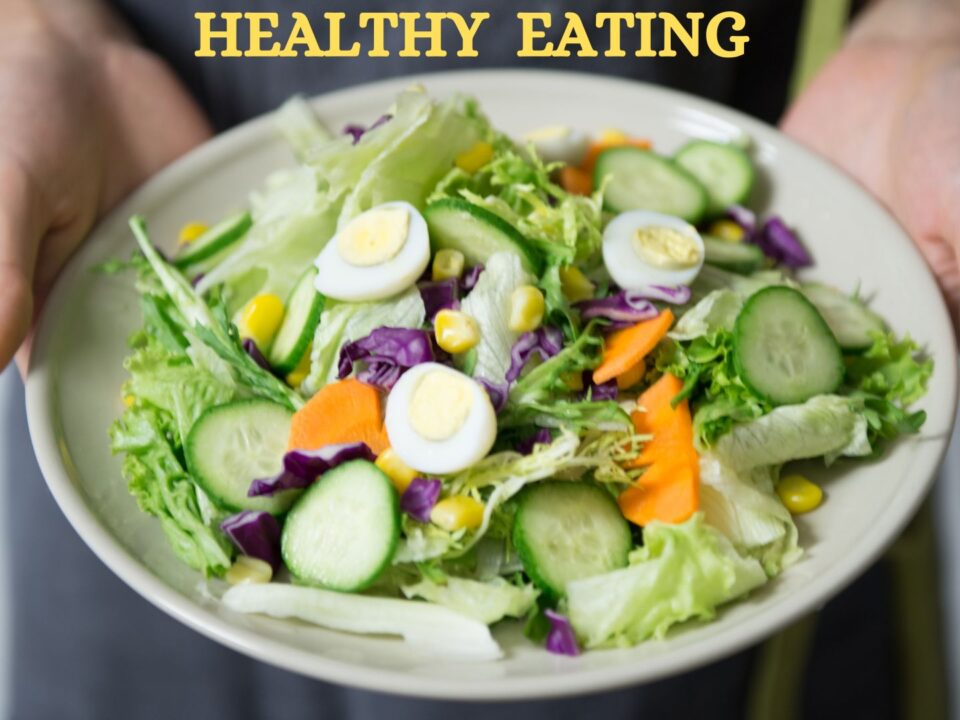Nutrition and Wellness in Proper Weight Management

Mango-Cashew Smoothie
November 24, 2023
INSOMNIA: A Big deal of today’s world & How to deal with it!!
January 18, 2024~By Sukanya Roy~
Weight management is one of the most prevalent challenges to the people all over the globe. It is a multifaceted process that requires a combination of healthy nutrition and overall wellness practices. It may take some trial and error to find the right approach, but with patience and persistence, we can find a sustainable, healthy way of eating that supports our weight management goals. Nutrition and wellness are closely intertwined and can greatly impact our ability to achieve and maintain a healthy weight.
Some of my perspectives on the noteworthiness of nutrition and wellness in weight management are discussed in this blog. Please invest some time and go through them minutely.
Proper Nutrition in Weight Management
Healthy nutrition is the foundation of wellness and is tremendously essential in weight management. Eating a balanced nutritious diet which includes a variety of nutrient-dense foods can help fuel our bodies, boost energy levels, and support overall health and well-being. It’s important to include a combination of whole, organic, natural and unprocessed foods like whole grains, lean proteins, healthy fats, and fresh organic fruits and vegetables in our diets.
- Intuitive Eating: An unique perspective on nutrition in weight management is the importance of intuitive eating. This approach involves listening to our bodies and eating when we’re hungry, and stopping when we’re full. It emphasizes the value of enjoying all foods in moderation, rather than restricting certain foods or food groups.
- Understanding the effects of different foods on the body: Second important aspect of nutrition in weight management is realizing how different foods affect our bodies. This could be explained with an example, consumption of processed foods which contain high sugar and trans fats/partially hydrogenated fats can contribute to weight gain, gut issues and inflammation. On the other hand, consuming whole, unprocessed and anti-inflammatory foods can provide our bodies with the essential nutrients and energy that we need to feel our best.
- Hydration is Key: Another often overlooked aspect of nutrition in weight management is hydration. Dehydration can contribute to cravings and overeating. Drinking plenty of clean filtered water throughout the day can help boost metabolism and keep hunger at bay. Many people mistake thirst for hunger and end up consuming unnecessary calories. By staying hydrated, you can also help your body flush out toxins and improve overall health. Dehydration can contribute to cravings and overeating.
- Mindful eating: It can be a very essential tool for weight management as it involves paying close attention to the experience of eating, such as the taste, texture, flavour and smell of the food. Practising mindful eating can help us become more attuned with our bodies and better comprehend our hunger and fullness cues. This can help prevent overeating and promote healthier food choices. By slowing down and savouring each bite, individuals can increase their satisfaction with meals, avoid distractions while eating like watching TV or scrolling down our phones, reduce overeating, and make more conscious food choices, ultimately leading to improved weight management and overall health.
Wellness Practices for Weight Management
Along with nutrition, overall wellness practices can greatly impact our ability to manage our weight. These practices include physical activity, stress management, proper sleep hygiene and self-care.
- Physical activity: Regular physical activity is important for weight management because it helps burn calories and build more muscle mass. Finding a form of exercise that we enjoy can make it easier to stick to a regular routine.
- Stress management: It is an essential aspect in the management of weight. Chronic stress might contribute to weight gain by increasing the production of stress hormone, cortisol that promotes fat storage in the visceral areas of the body. Practising ways to manage stress, such as guided meditation, yoga, or spending time in nature, listening to music etc can help reduce cortisol levels and promote overall wellness.
- Proper Sleep Hygiene: Obtaining enough quality sleep at night is crucial for maintaining a healthy weight. A dearth of undisturbed sleep can disrupt the balance of hormones like ghrelin(makes us feel hungry) and leptin(makes us feel satiated) that regulate appetite, by increasing the concentration of ghrelin while decreasing levels of leptin, which leads to overeating and thus weight gain. No less than 7-8 hours of sleep per night is crucial to keep both the mind and body healthy. Prioritize good sleep hygiene, such as practising simple relaxation techniques like guided meditation, keeping a consistent sleep schedule, avoiding screens before bedtime and the like.
- Self-care practices, such as indulging in hobbies and activities which provide pleasure, obtaining enough sleep, taking breaks throughout the day and taking a warm bath with essential oils and epsom salts can also contribute to weight management.
A holistic approach to both nutrition and overall wellness practices, can greatly improve our ability to manage our weight and achieve optimal health. Thus, nutrition and wellness are the most essential aspects of weight management. Eating a balanced diet that includes a variety of whole foods, practising mindful eating, and incorporating physical activity, stress management, and self-care practices can greatly improve our ability to achieve and maintain a healthy weight. By prioritizing our overall wellness, we can support our body’s natural ability to reach its best potential and thrive.




